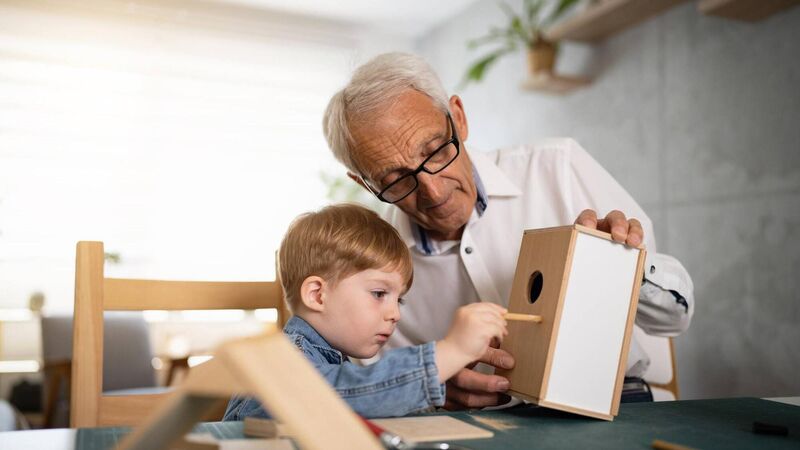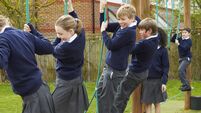Colman Noctor: I often wonder if my generation marks the end of the DIY-dad role

The ability to do basic carpentry can be passed down through the generations - but we are in danger of losing these skills, says our columnist. Picture: iStock
THE role of Irish fathers is changing. We are all familiar with the rhetoric that there are many more dads pushing buggies now than in years gone by. However, there are other ways in which fathers’ roles have changed from previous generations, creating some gaps in father-child learning.











